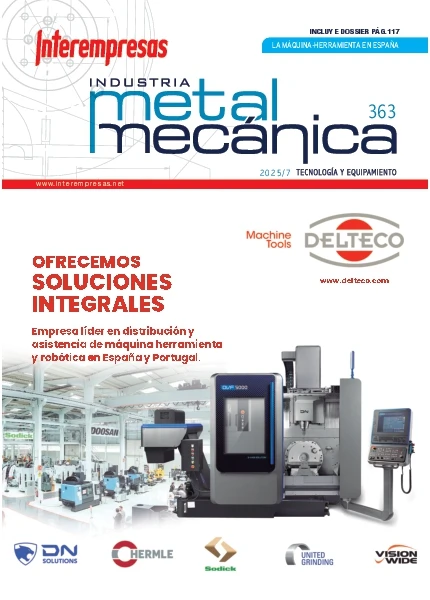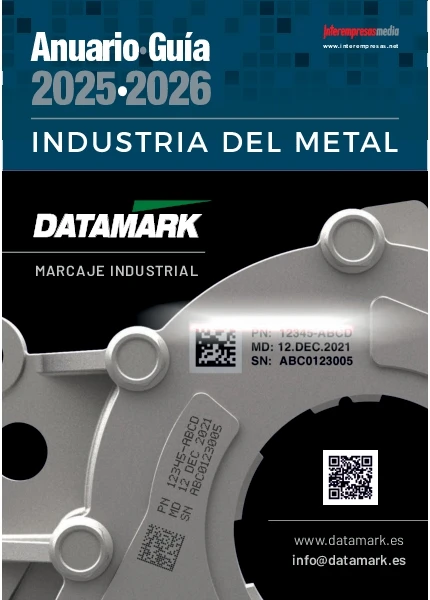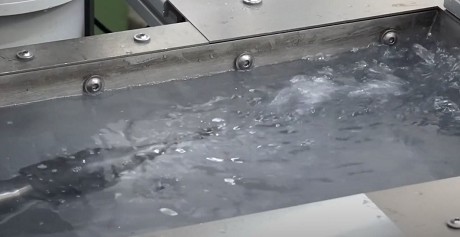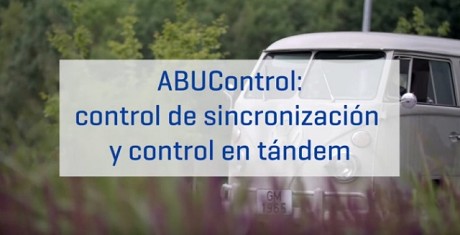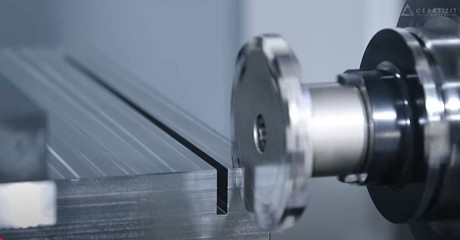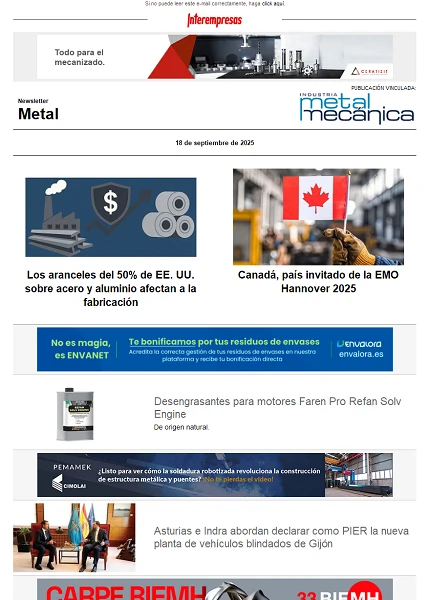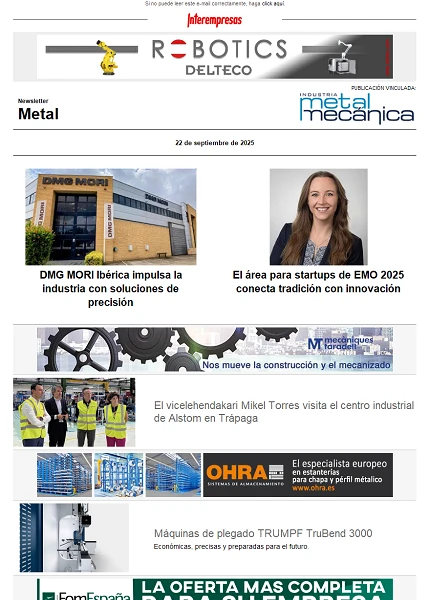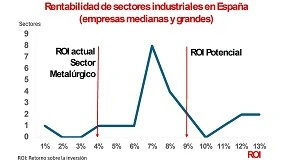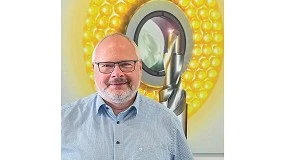El CSIC patenta un método para transformar mercurio y almacenarlo de forma segura
12 de mayo de 2011
El pasado 15 de marzo de este año entró en vigor el nuevo reglamento comunitario que prohíbe la exportación de mercurio líquido y el uso de este metal en cualquier proceso industrial. Esta prohibición obliga a detener todos los procesos que incorporen mercurio en sus etapas y a desmantelar las instalaciones que almacenen mercurio. Se calcula que en Europa hay cientos de miles de toneladas de mercurio líquido que a partir de ahora ya no se podrán utilizar. España, uno de los primeros exportadores de mercurio en Europa, también tiene importantes cantidades de este elemento.
Las alternativas que se abren para este residuo peligroso son o bien el almacenamiento definitivo en algún lugar seguro o bien su procesado para eliminar el componente de peligrosidad. En cualquier caso, la gestión de ese mercurio la llevarán a cabo empresas expresamente acreditadas por la UE para ese propósito. Almacenar el mercurio en forma líquida implica que debe relegarse a un lugar de alta seguridad, con depósitos herméticos que den garantías contra el riesgo de fugas o de usos indebidos. Otra opción sería transformar este metal en otro material seguro e inerte.
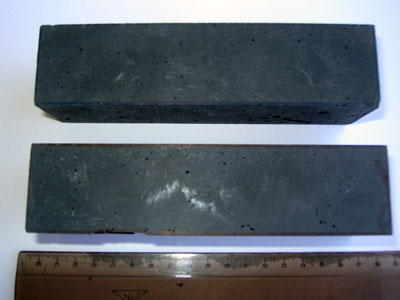
Es lo que propone un equipo de investigadores del Centro Nacional de Investigaciones Metalúrgicas del CSIC. Tal como explica Félix López, profesor de investigación del centro y encargado del proyecto, “el proceso patentado permite transformar el mercurio en sulfuro de mercurio, que no es peligroso, e integrarlo en un cemento polimérico de azufre”.
Sin riesgos de fuga
Un aspecto muy interesante es que el procedimiento también puede aplicarse a tierras contaminadas por mercurio, que suponen también un importante riesgo de contaminación por lixiviación. Las tierras contaminadas son normalmente terrenos industriales que han soportado empresas mineras, metalúrgicas o de obtención de cloro, entre otras. Normalmente están en el mismo lugar donde se han originado y sólo cuando se destina ese suelo a otros usos (construcción, recreo, habilitación...) se recurre al vaciado del terreno. En ese caso, las tierras contaminadas se suelen almacenar en vertederos de seguridad.
El material final que se obtiene es un polímero de color negro, con una concentración de mercurio de entre el 5 y el 30% en peso, según los casos, y que puede almacenarse en vertederos sin riesgo de fuga de mercurio o, incluso, utilizarse como cemento de pavimentación.
Pruebas realizadas en laboratorio han demostrado que el nuevo material tiene una tasa de absorción de agua menor que otros cementos usados en pavimentación, y que la pérdida de mercurio por lixiviación está muy por debajo de los estándares actuales de toxicidad. Asimismo, el material es muy resistente a sustancias corrosivas como los álcalis (derivados de los metales alcalinos, como el amoniaco, hidróxido amónico, hidróxido y óxido cálcicos, o peróxidos).
La empresa Mayasa (Minas de Almaden y Arrayanes) está negociando con el CSIC la licencia del procedimiento para llevarlo al mercado. Mayasa tiene una larga experiencia en minería y podría convertirse en una de las empresas acreditadas por la UE para la gestión de mercurio.
La sustitución del mercurio
El mercurio se ha venido utilizando durante años en aplicaciones varias, como la confección de espejos, la fabricación de instrumentos de medición como los termómetros, y en tensiómetros, lámparas fluorescentes y enchufes. Estas y otras aplicaciones han ido encontrado progresivamente sustitutos del mercurio. Actualmente el mercurio líquido se genera como residuo de la minería del oro y del reciclaje de pilas, acumuladores y termómetros que se retiran del mercado, entre otros productos.
La contaminación por mercurio tiene efectos muy graves en el ecosistema y en las personas, especialmente si el mercurio entra en contacto con el agua, donde se convierte en metilmercurio, muy tóxico, imposible eliminar y que se acumula en los organismos marinos. La exposición a altos niveles de mercurio o metilmercurio daña gravemente el sistema nervioso, el cerebro y los riñones, y tiene graves efectos en la formación del feto.


